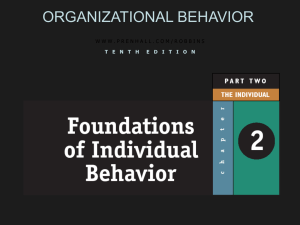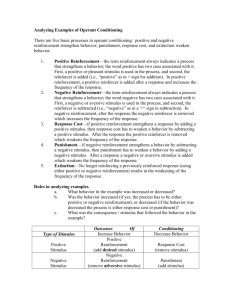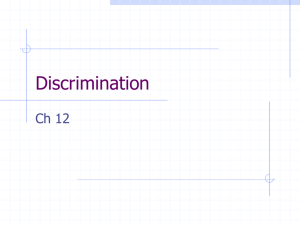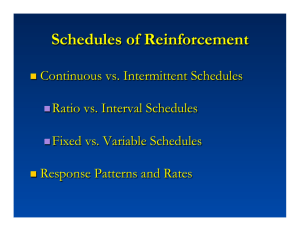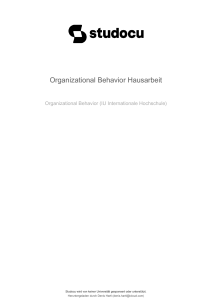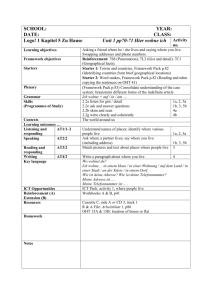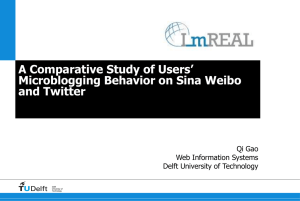Why Spanking Isn`t a Good idea
advertisement
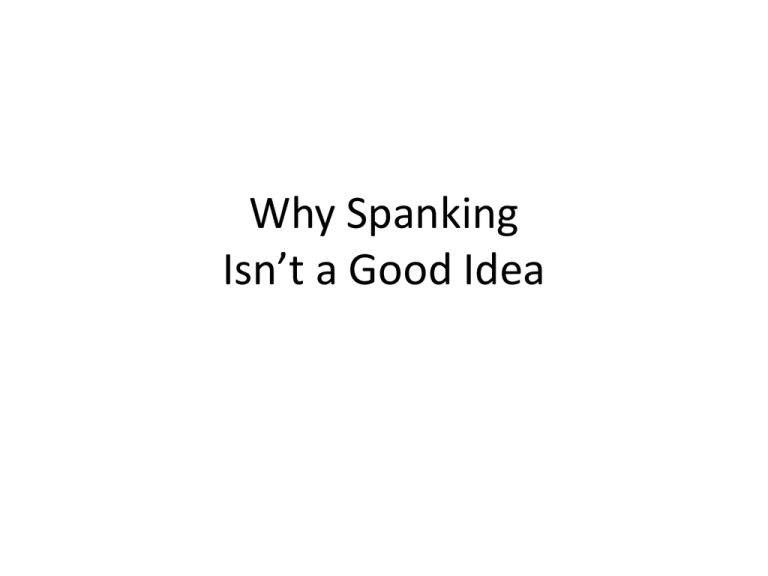
Why Spanking Isn’t a Good Idea Thesis • Spanking children is not a good way to modify their behavior because: – It is not as effective as other methods – It has some undesirable consequences “But I Turned Out Fine” • Individual cases are not compelling evidence • Lack of a control condition • Probabilistic reasoning Spanking as Punishment • Spanking is a form of punishment: a consequence which decreases a behavior • Desired behaviors can’t be taught through punishment • New behaviors can be taught through shaping Timing • The consequence must occur right after the behavior • If the punishment is delayed, then the current behavior (whatever it may be) is being punished, not the target behavior Increase Behavior Decrease Behavior Add Something Remove Something positive reinforcement negative reinforcement positive punishment negative punishment Alternatives to Spanking • Negative punishment (paired with positive reinforcement) • Premack Principle • Negative reinforcement for desired behavior • Extinction of undesirable behavior (and avoid partial reinforcement ) Alternatives to Spanking • Social Learning Theory – Learning through observation – Modeling of desired behaviors – Vicarious reinforcement Undesirable Consequences • Learned helplessness • Classical conditioning – Pain paired with spanker – Elicits CR to spanker in future Research Shows… • Increased use of corporal punishment predicts: – Increased aggressive behaviors – Increased aggressive behaviors in adulthood – Decreased empathy – Increased probability of mental health issues: • Anxiety • Depression • Substance Abuse
